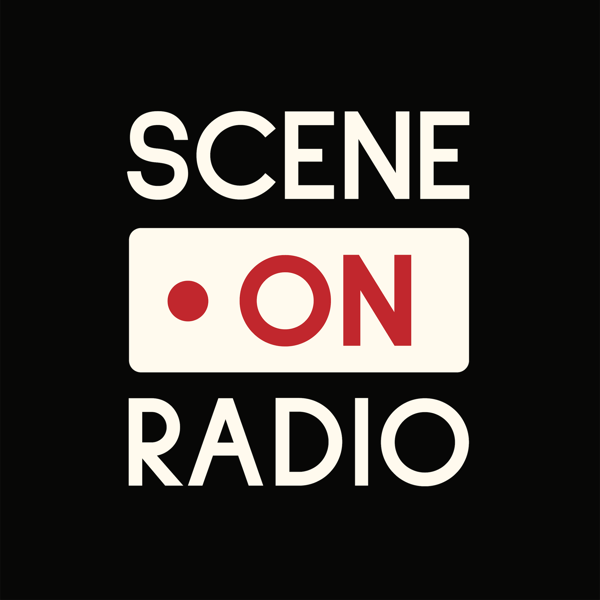Voices of Hiroshima
Scene on Radio
Kenan Institute for Ethics at Duke University
4.9 • 11K Ratings
🗓️ 6 August 2025
⏱️ 34 minutes
🧾️ Download transcript
Summary
A rebroadcast of a Scene on Radio episode, eighty years after the United States dropped an atomic bomb on the Japanese city of Hiroshima.
The word “Hiroshima” may bring to mind a black-and-white image of a mushroom cloud. It’s easy to forget that it’s an actual city with a million people and a popular baseball team. What did the cataclysm of 1945 mean in the place where it happened, to the people who lived through it? John Biewen went to Hiroshima and interviewed A-bomb survivors in 1995.
“Voices of Hiroshima” is a production of Minnesota Public Radio, from American Public Media.
Learn about your ad choices: dovetail.prx.org/ad-choicesTranscript
Click on a timestamp to play from that location
| 0:00.0 | Hi, everybody. It's John Bewin. Today, during this between-season's hiatus, I'm reposting an episode |
| 0:07.9 | from the C-On-Radio Archives on an important anniversary. 80 years ago now, on August 6, 1945, |
| 0:17.9 | the first use of an atomic weapon, by the United States, of course, against the first of |
| 0:24.1 | two Japanese cities. I don't know about you, but I think for a lot of people when we hear the word |
| 0:30.8 | Hiroshima, the first image that comes to mind is a mushroom cloud. We may not think much about the actual place, least of all the |
| 0:41.1 | modern post-war place, a city on Japan's Kewsou Island with a million people and office buildings |
| 0:48.3 | and markets and a pro baseball team. By now, the vast majority of the people who lived through August 6, 1945, in that |
| 0:58.0 | city, are gone. But three decades ago, many thousands of A-bomb survivors still lived in the city. |
| 1:05.7 | I went there then, in 1995, and interviewed some of them. |
| 1:16.2 | I'd lived in Japan for a couple years in the 1980s and spoke the language, kind of. |
| 1:22.3 | I went back in 95 to make a documentary for the 50th anniversary of the bombing for Minnesota Public Radio and Public Radio International. |
| 1:27.5 | Then, just about 10 years ago, I made a rebuilt version of that 1995 program for C-Non Radio. |
| 1:34.9 | That's what I'm sharing with you here. |
| 1:37.6 | Most of the voices you'll hear over the next half hour are silent now. |
| 1:43.6 | They are voices of Hiroshima. |
| 2:00.0 | The places where history happened often test the imagination. |
| 2:05.6 | You can put up a monument or a plaque, but that doesn't make it easy to picture a bloody battle or a disaster. |
| 2:13.6 | This place, this gleaming city with its shiny trains and green lawns and bright flowers. |
| 2:21.3 | It asks you to imagine Armageddon. |
| 2:25.3 | Hiroshima is. |
| 2:30.3 | The recorded announcement reminds passengers getting off the train. |
| 2:36.0 | Be careful not to forget anything. |
... |
Please login to see the full transcript.
Disclaimer: The podcast and artwork embedded on this page are from Kenan Institute for Ethics at Duke University, and are the property of its owner and not affiliated with or endorsed by Tapesearch.
Generated transcripts are the property of Kenan Institute for Ethics at Duke University and are distributed freely under the Fair Use doctrine. Transcripts generated by Tapesearch are not guaranteed to be accurate.
Copyright © Tapesearch 2025.

